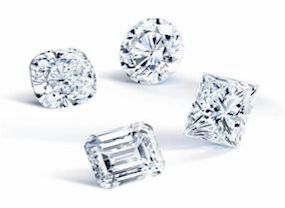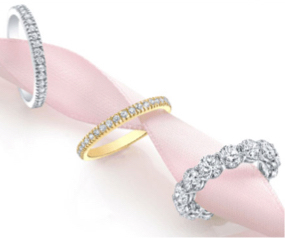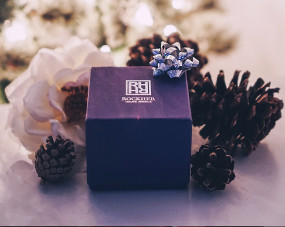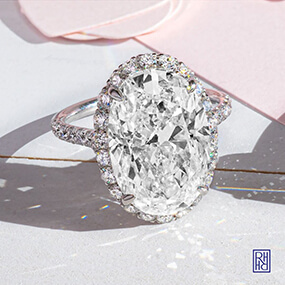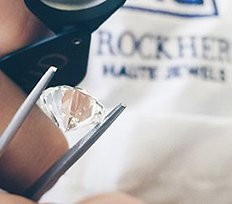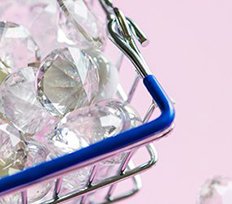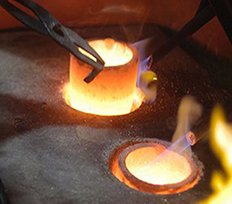Diamonds have a rich and complex history. From the mine to wedding, the process will astound you.
Your appreciation for these stones will increase astronomically and so will your love and admiration of diamonds. This detailed guide will give you the immense knowledge you may need when purchasing your perfect one-of-a-kind diamond.
Diamond Essentials
Shopping for diamonds on the internet can be endless. The choices are so numerous that you don't know how to make the right choice. For these reasons, learning about diamonds is essential. Many people form pre-set ideas of the diamonds they think they should buy. If you’d like a brief introduction to diamond buying, see our Diamond Essentials - The 4C’s of Diamonds.
The Four Main Ingredients
Since 1952, diamond cut, color, clarity, and carat weight have been the four main ingredients known as the 4C's. As they have become the international language for diamonds, a 5th C has been added: Confidence. Shopping for diamonds has never been safer because you buy diamonds according to precise color and clarity grades.
Tint
A better word for “color” in the case of diamonds would be “tint.” Color refers to an object with a distinctive hue. “Tint” refers to an object with a hardly noticeable, subtle shade. Nevertheless, relatively few diamonds live up to this gem’s reputation for colorlessness. That’s because sub-microscopic traces of nitrogen or equally submicroscopic stresses in the atomic lattice introduce tinges of yellow or brown. The more nitrogen or lattice distress, the deeper the color-tints. In addition, remember that colored diamonds can be beautiful too. Even brown diamonds can look stunning in high-contrast combinations with yellow and white diamonds.
Clarity Grade
If you look at clarity grading scale, you might think there are equal intervals between all clarity grades. Nothing could be further from the truth. As imperfections become more numerous and prominent, grades become broader to accommodate both the increasing popularity of visibility included stones and all the possible flaw-configurations of such stones. Selecting only GIA certified diamonds clarifies the grade and provides you with exact documentation that matches the stone.

